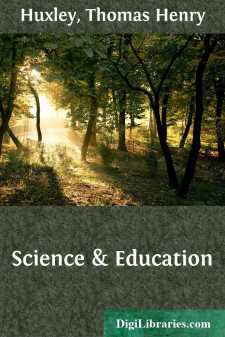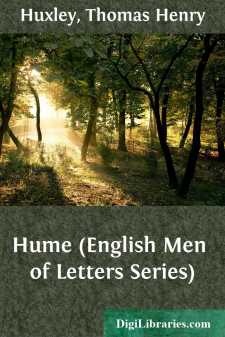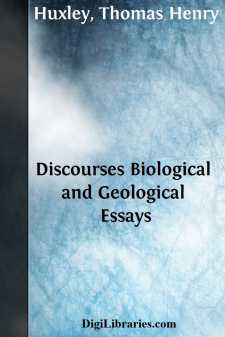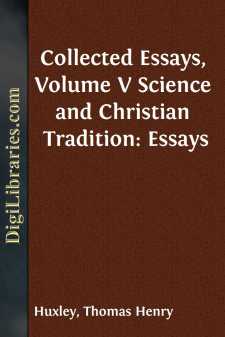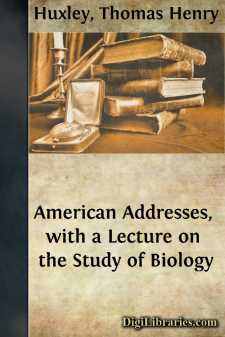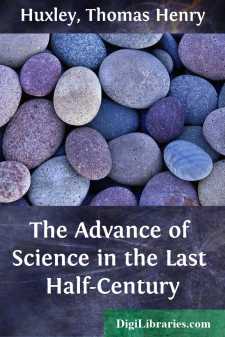Categories
- Antiques & Collectibles 13
- Architecture 36
- Art 48
- Bibles 22
- Biography & Autobiography 815
- Body, Mind & Spirit 144
- Business & Economics 28
- Children's Books 18
- Children's Fiction 14
- Computers 4
- Cooking 94
- Crafts & Hobbies 4
- Drama 346
- Education 58
- Family & Relationships 59
- Fiction 11833
- Games 19
- Gardening 17
- Health & Fitness 34
- History 1378
- House & Home 1
- Humor 147
- Juvenile Fiction 1873
- Juvenile Nonfiction 202
- Language Arts & Disciplines 89
- Law 16
- Literary Collections 686
- Literary Criticism 179
- Mathematics 13
- Medical 41
- Music 40
- Nature 179
- Non-Classifiable 1768
- Performing Arts 7
- Periodicals 1453
- Philosophy 65
- Photography 2
- Poetry 896
- Political Science 203
- Psychology 44
- Reference 154
- Religion 515
- Science 126
- Self-Help 85
- Social Science 82
- Sports & Recreation 34
- Study Aids 3
- Technology & Engineering 59
- Transportation 23
- Travel 463
- True Crime 29
Sort by:
Almost all the processes employed in the arts and manufactures fall within the range either of physics or of chemistry. In order to improve them, one must thoroughly understand them; and no one has a chance of really understanding them, unless he has obtained that mastery of principles and that habit of dealing with facts, which is given by long-continued and well-directed purely scientific training in...
more...
CHAPTER I. EARLY LIFE: LITERARY AND POLITICAL WRITINGS. David Hume was born, in Edinburgh on the 26th of April (O.S.), 1711. His parents were then residing in the parish of the Tron church, apparently on a visit to the Scottish capital, as the small estate which his father Joseph Hume, or Home, inherited, lay in Berwickshire, on the banks of the Whitadder or Whitewater, a few miles from the border, and...
more...
I. ADMINISTRATIVE NIHILISM. (AN ADDRESS TO THE MEMBERS OF THE MIDLAND INSTITUTE, OCTOBER 9TH, 1871.) To me, and, as I trust, to the great majority of those whom I address, the great attempt to educate the people of England which has just been set afoot, is one of the most satisfactory and hopeful events in our modern history. But it is impossible, even if it were desirable, to shut our eyes to the...
more...
I ON A PIECE OF CHALK [1868] If a well were sunk at our feet in the midst of the city of Norwich, the diggers would very soon find themselves at work in that white substance almost too soft to be called rock, with which we are all familiar as "chalk." Not only here, but over the whole county of Norfolk, the well-sinker might carry his shaft down many hundred feet without coming to the end of...
more...
I PROLOGUE [Controverted Questions, 1892] Le plus grand service qu'on puisse rendre à la science est d'y faire place nette avant d'y rien construire.—CUVIER. Most of the Essays comprised in the present volume have been written during the last six or seven years, without premeditated purpose or intentional connection, in reply to attacks upon doctrines which I hold to be well founded;...
more...
THE THREE HYPOTHESES RESPECTING THE HISTORY OF NATURE. We live in and form part of a system of things of immense diversity and perplexity, which we call Nature; and it is a matter of the deepest interest to all of us that we should form just conceptions of the constitution of that system and of its past history. With relation to this universe, man is, in extent, little more than a mathematical point;...
more...
The most obvious and the most distinctive features of the History of Civilisation, during the last fifty years, is the wonderful increase of industrial production by the application of machinery, the improvement of old technical processes and the invention of new ones, accompanied by an even more remarkable development of old and new means of locomotion and intercommunication. By this rapid and vast...
more...


